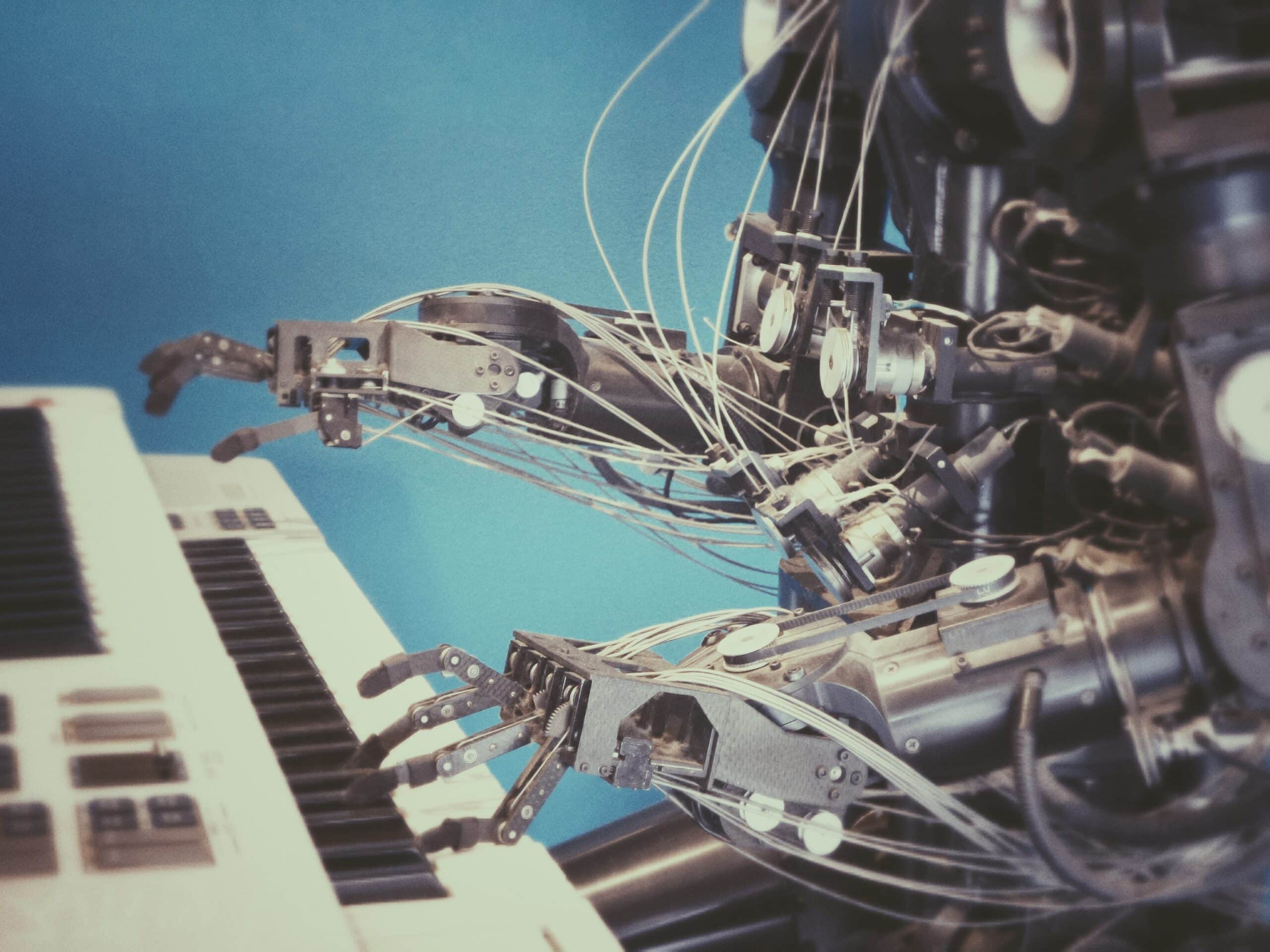Yes. Lawsuits are being filed and the plaintiffs have every reason to expect success. Artificial intelligence (“AI”) is not really “intelligent” and it is not autonomous. Someone has created the software and programming — wrote the code — that instructs the AI to do what it does. That means that a person or business is legally responsible for what the AI does. This includes legal liability when an AI software program commits copyright infringement. Even if we ignore the question of whether an AI is “intelligent” and “autonomous,” an AI program is still owned by someone. The owner is responsible for the conduct of the AI program.
Take, for example, self-driving autonomous cars, trucks and vehicles. If a self-driving vehicle causes an accident, the owner of that vehicle is legally liable for any and all injuries and damage caused. The same legal principles apply when an AI software program commits copyright infringement. The legal concept is called “vicarious liability.” An employer, for example, is vicariously liable for the acts and omissions of its employees. In the same manner, an owner of an AI program will be vicariously liable for the acts and omissions of its AI program.
Admittedly, the legal theories are just now being tested. But, as stated above, copyright owners who have been the victim of AI copyright infringement have every reason to expect success with their copyright infringement claims.
What must be shown to prove copyright infringement?
At the federal level, copyright infringement is governed by the U.S. Copyright Act. Under the Copyright Act — 17 U.S.C. § 501(a)-(b) — there are only two legal elements that must be shown to prove copyright infringement:
- The person or business suing — the plaintiff — is the owner of a valid registered copyright; and
- The person/business being sued — the defendant — copied some amount of original expression from the copyrighted work
If an AI program is involved, then a third element will be needed: showing that the defendant was the owner, controller, or benefited from the AI program’s copying of the original expression/authorship protected by the valid registered copyright. Importantly, proof of intentional action is not an element. Thus, it is no legal defense to say “I didn’t know my AI was committing copyright infringement” or “it was an accidental infringement by the AI.” This makes common sense. To use the self-driving vehicle example again, there would be no legal defense to say: “I didn’t know my autonomous vehicle was going to cause an accident.”
What damages can be recovered by AI copyright infringement?
Under the Copyright Act, proof of copyright infringement allows the owner of the copyright to claim statutory damages or actual damages. Since actual damages are sometimes difficult to prove, many copyright infringement cases seek statutory damages. Statutory damages are awarded for each work of authorship that is infringed against and range from a low $750 per work up to $30,000. If infringement is proven to be intentional, then the statutory damages can be up to $150,000 per work.
Contact the Internet Law Attorneys at Revision Legal For more information, contact the experienced Copyright Lawyers at Revision Legal. You can contact us through the form on this page or call (855) 473-8474.




